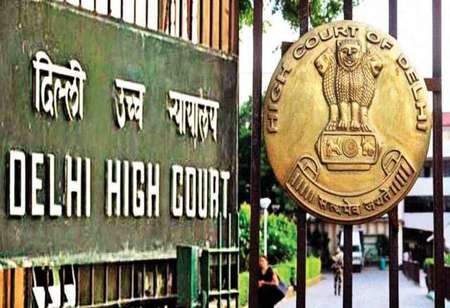
Amazon Acts Like East India Company Argues Future Retail's Lawyer Harish Salve


The Kishore Biyani led Future Group in its argument before the Delhi High court has submitted that Amazon is misleading its legal rights and it should not be allowed to ruin its business transaction with Reliance’s retail arm. Senior advocate Harish Slave has appeared for Future Retail has stated that Amazon is behaving like East India Company and is trying to destroy the competition in the market.
Harish Salve says, “Amazon has no investment in FRL. An American Company whose pro-rata investment is less than 10 percent is telling me who I should invest in. Reliance wants to buy but I have to ask Big Brother sitting in America? He continues, “They think that they have the right to bring FRL to a grinding halt. This is why we have competition law so that competition remains. These kinds of clauses destroy competition. Please stop this company from wrecking this transaction."
On Thursday, the Delhi high court was hearing Future Retail’s petition on restraining the US e-commerce company from approaching regulatory bodies such as the Competition Commission of India (CCI) against the retailer’s deal with Reliance Retail Ventures, a subsidiary of Reliance Industries. After hearing the matter for more than four hours the court adjourned the case postponing the further arguments of Amazon for today.
On favoring Future Retails Harish Salve and Darius Khambata had appeared and submitted various aspects against the validity of the order by the Singapore court.
Harish Salve further adds, “Amazon is misrepresenting to the world through an agreement that I can’t restructure my company, save jobs, or protect my creditors' interest worth Rs.1800 crores. The first thing I want to point out is the legal status of the emergency arbitrator is an issue in the suit. The emergency arbitrator’s award is a nullity. The thrust of the act or misrepresentation by amazon in front of SEBI is based on this award. They show the award to SEBI and then they reproduce certain findings. They further explain that the order is binding. They say it’s binding and it will bind you as a regulator... It is their express case before the regulator that the award is binding. It is a complete falsification of the legal position."